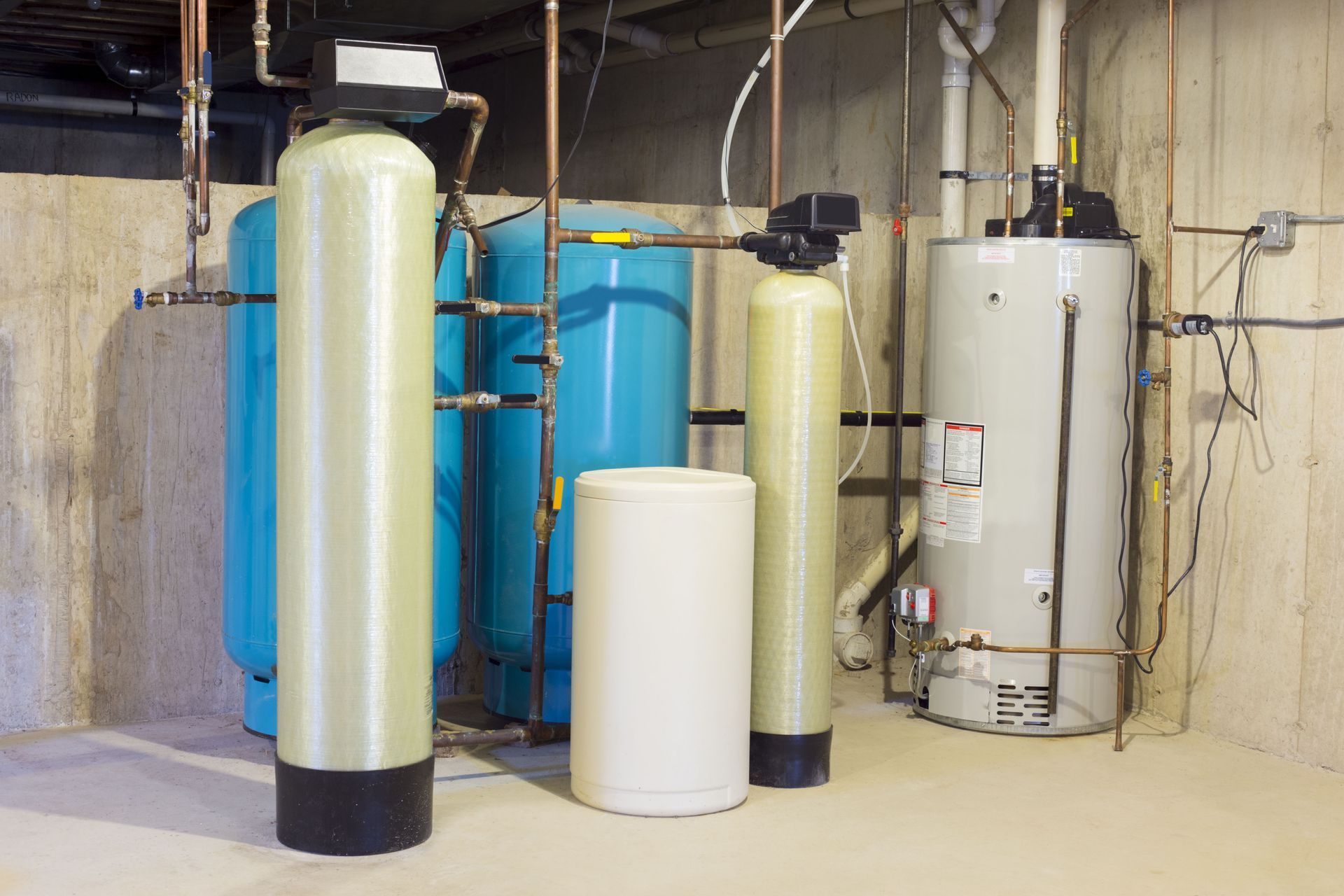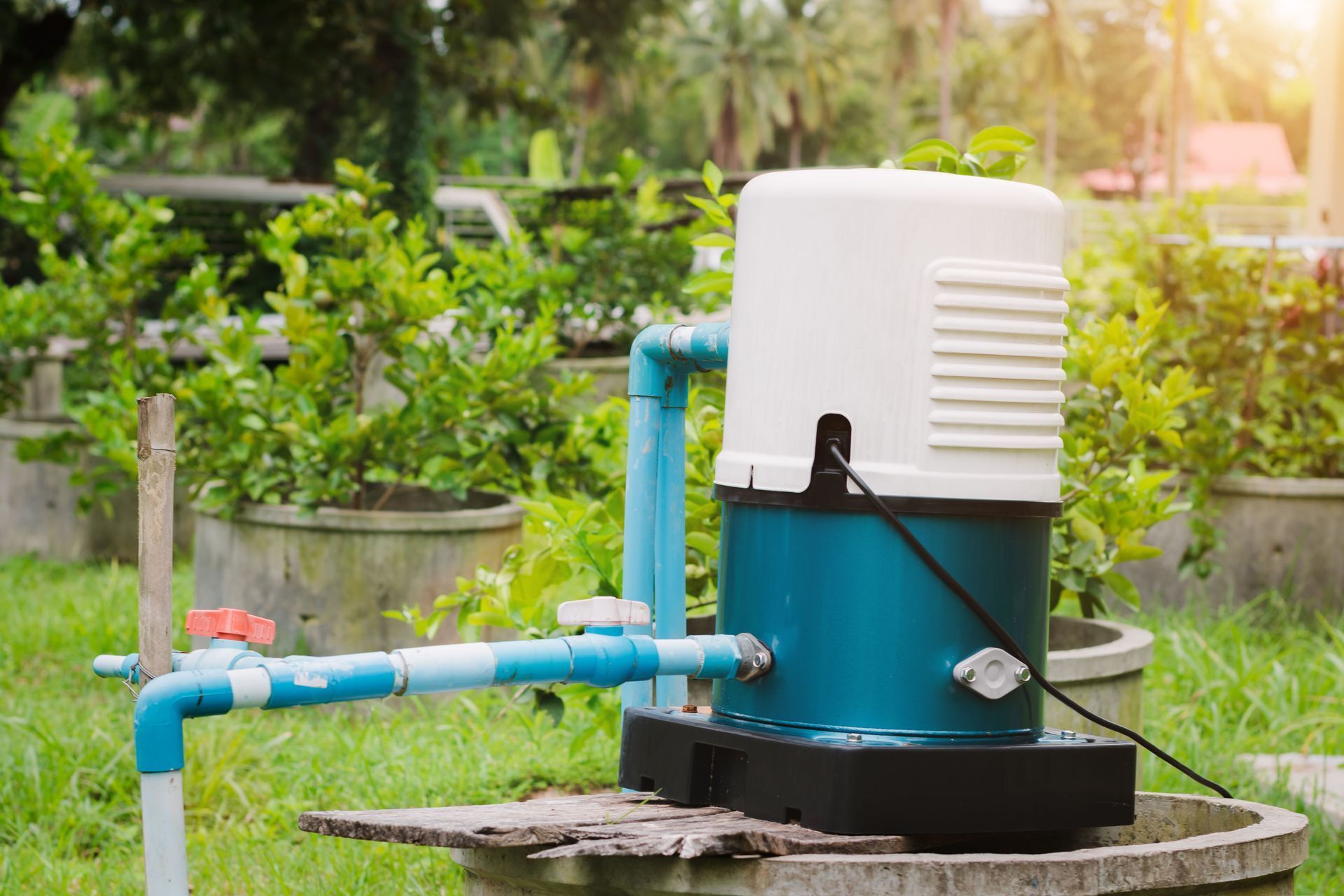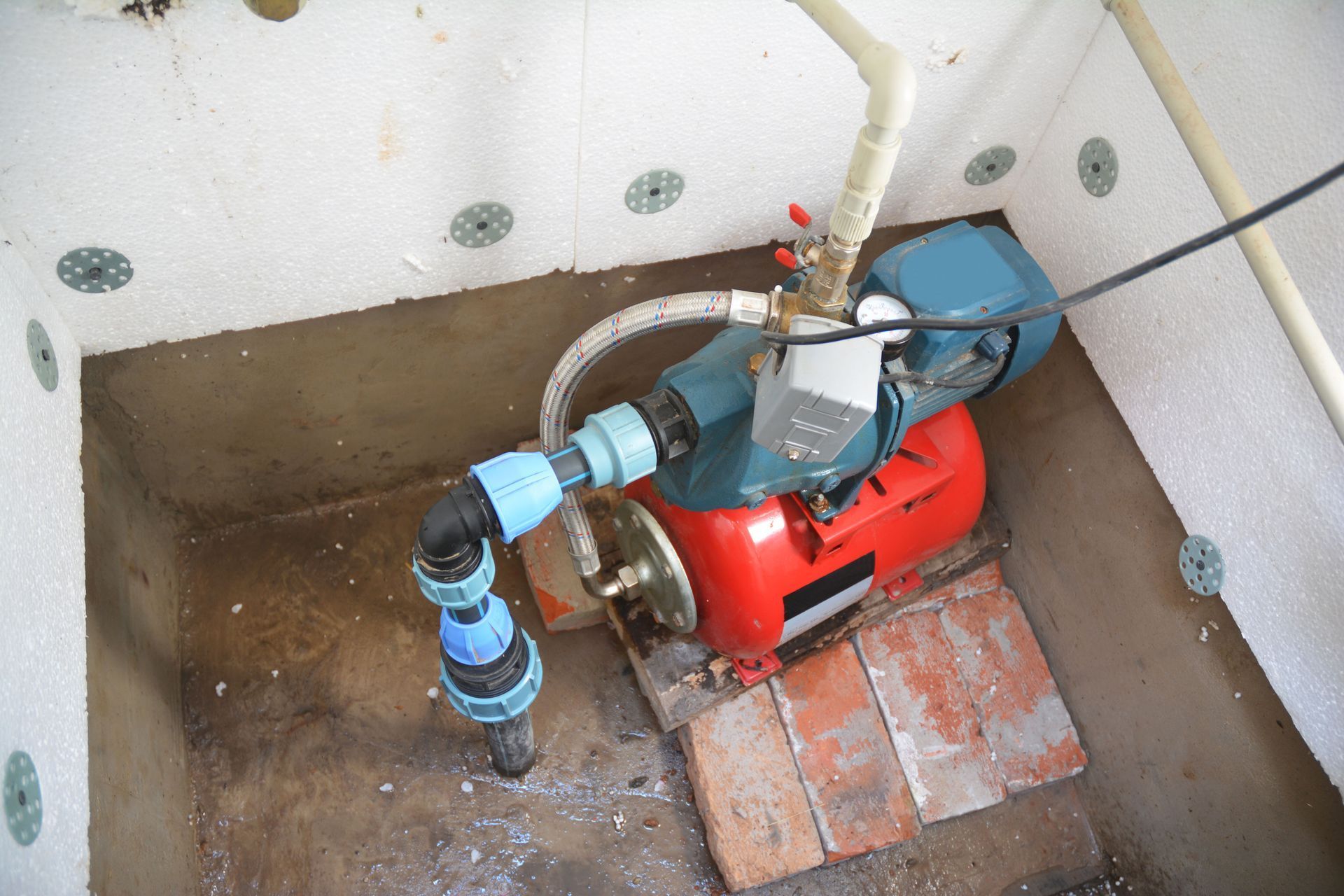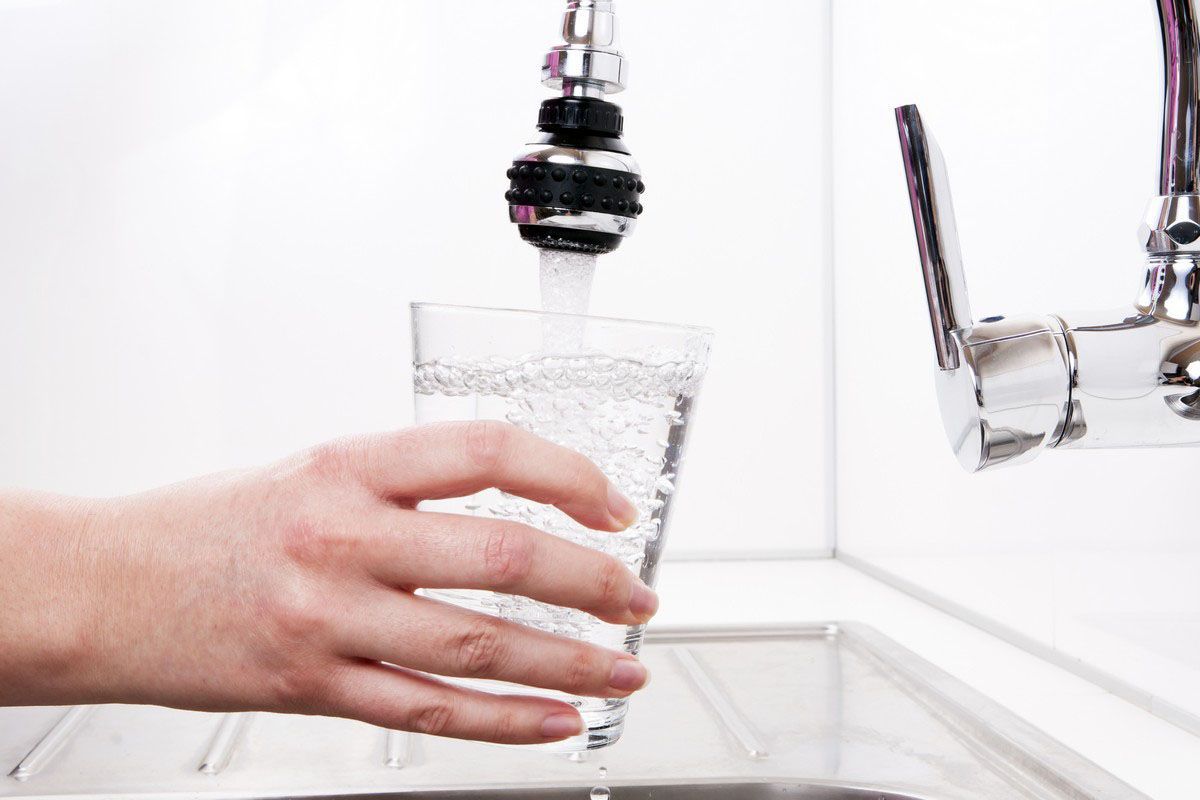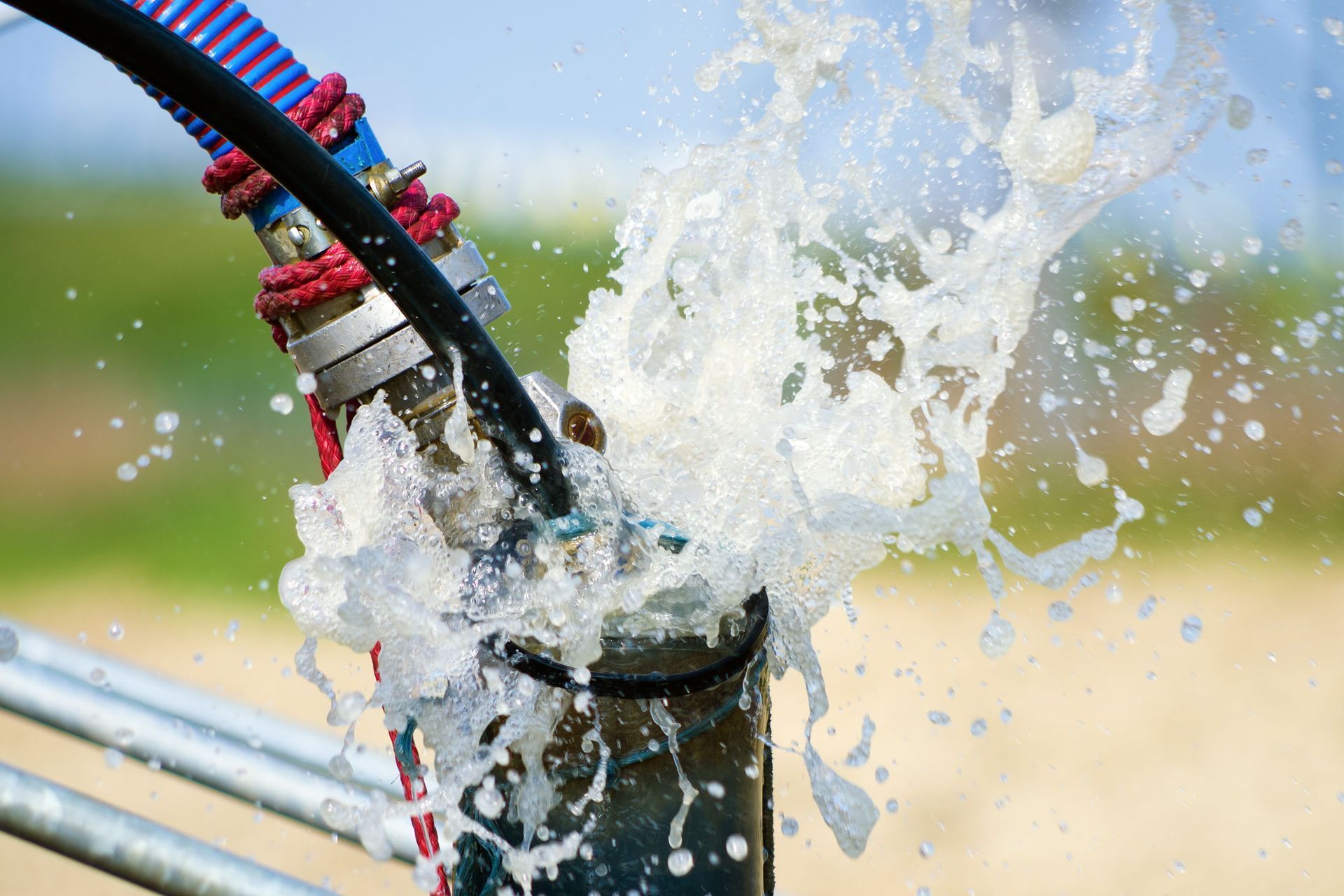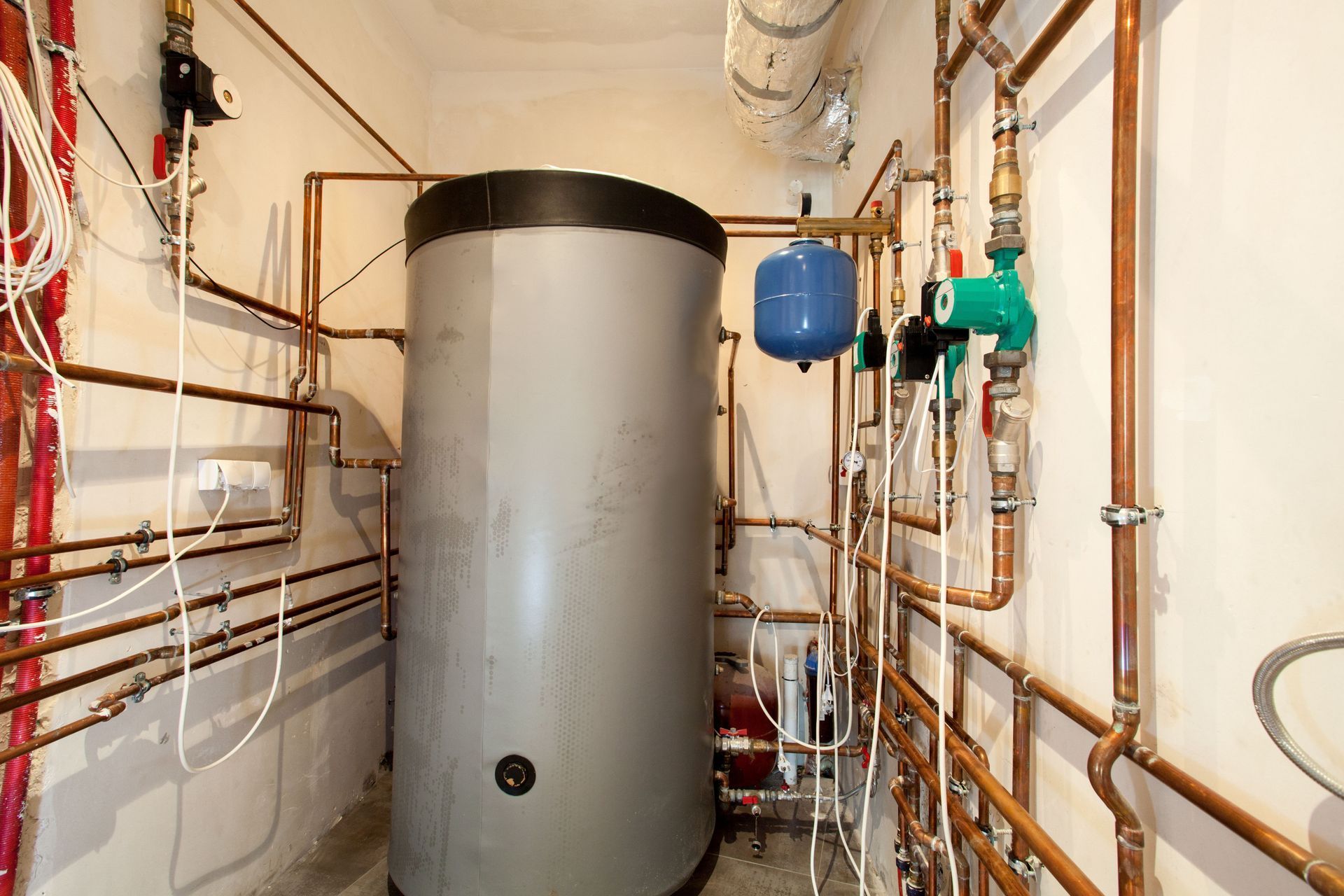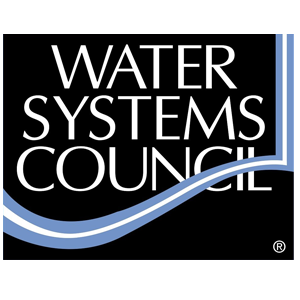How to Find the Right Water Softener System for Your Home
Water softener systems are essential household devices designed to alleviate the problems caused by hard water. Hard water contains high concentrations of minerals such as calcium and magnesium, which can lead to scale buildup in pipes and appliances, affecting their efficiency and lifespan. Selecting the right water softener system involves considering various factors such as the level of water hardness, household size, budget, and specific water usage needs.
Understanding Water Hardness
Water hardness is caused by dissolved calcium and magnesium, which water absorbs as it passes through limestone, chalk, or gypsum deposits, and it is typically measured in grains per gallon (gpg) or milligrams per liter (mg/L). While hard water is safe to drink, it can create problems in the home. These effects extend to daily tasks such as bathing, laundry, and cleaning, where softened water produces more suds, preserves fabric quality, and promotes healthier skin and hair. For these reasons, many homeowners choose a water softener system, which not only improves household efficiency but also extends appliance life and supports long-term savings.
The prevalence of hard water is closely tied to regional geography, with areas rich in limestone deposits often experiencing higher concentrations of calcium and magnesium. Since municipal treatment facilities typically do not remove these harmless minerals, homeowners must address water hardness themselves, whether their supply comes from private wells or city systems. Because hardness levels can fluctuate in well water or remain consistently high in municipal supplies, testing your water is the most reliable way to understand its specific condition. By identifying the exact hardness level, you can choose the right water softener system to protect appliances, improve cleaning efficiency, and ensure long-term household comfort.
In addition to regional variations, household factors also play a significant role in determining the impact of hard water. Homes with multiple bathrooms, high water usage, or numerous water-using appliances may experience more pronounced effects from hardness, such as scale buildup and reduced efficiency. Understanding both the water’s hardness level and the household’s consumption patterns helps in selecting a water softener system that meets the home’s unique needs. By considering these factors, homeowners can ensure consistent access to softened water, maximize appliance longevity, and enjoy the full benefits of their investment.
Types of Water Softeners
Salt-based water softeners are among the most widely used solutions for hard water, working by exchanging calcium and magnesium ions with sodium ions inside a resin tank to prevent scale buildup and extend the lifespan of appliances and plumbing. These systems are highly effective, improving cleaning efficiency, reducing spots on dishes, and ensuring water quality, though some environmental concerns exist due to sodium discharge. According to the U.S. Department of Energy, the average household requires a water system with a flow rate of eight to twelve gallons per minute, a demand salt-based systems are well-equipped to handle thanks to their strong processing capacity. With advancements in design that improve efficiency and reduce waste, salt-based water softeners remain a reliable choice for households seeking consistent performance and long-term benefits.
A salt-free water conditioner offers an alternative to a traditional softener system by using methods such as Template Assisted Crystallization (TAC) to transform calcium and magnesium into crystals that do not stick to surfaces, thereby reducing scale buildup in plumbing and appliances. While these systems do not technically remove minerals or create the softer feel of water like salt-based options, they appeal to homeowners concerned about sodium discharge and maintenance requirements. Their low upkeep, long-lasting media, and environmentally friendly design make them a practical choice for those seeking scale prevention without altering water chemistry. For households with moderate water hardness, a salt-free system can provide effective protection for appliances and plumbing while supporting both convenience and sustainability.
Dual-tank water softeners are designed to meet the needs of households with high water usage by providing a continuous supply of softened water through two separate tanks, one softening while the other regenerates. This setup eliminates interruptions and supports higher flow rates, making it especially beneficial for larger homes with multiple bathrooms or commercial applications. Although dual-tank systems require more space and come with a higher upfront cost, their efficiency, adaptability, and ability to handle peak demand often justify the investment. For homeowners seeking consistent water quality and long-term performance, these systems offer a reliable and powerful solution.
Assessing Household Needs
The size of a household plays a crucial role in determining the right water softener system, as larger families or homes with multiple bathrooms require higher-capacity units to meet increased water demands. Properly sizing the system ensures that softened water is consistently available during peak usage times, preventing interruptions and maintaining efficiency. Evaluating daily and monthly water consumption patterns, whether through historical water bills or standard averages, helps guide the selection process. By accounting for both current needs and potential future changes, homeowners can choose a water softener system that delivers reliable performance, energy efficiency, and long-term value.
Homeowners need to look beyond general water hardness and identify the specific problems it causes in their household, since these issues can vary widely. Scale buildup that clogs pipes, reduced efficiency of water heaters, poor soap lathering, and even changes in the texture or color of clothing are common concerns, along with spots left on glassware. In some cases, additional elements such as iron or sulfur can introduce staining and unpleasant odors, which call for specialized solutions. Comprehensive water testing helps pinpoint these issues by measuring mineral concentrations and other impurities, providing the data needed to select the right treatment. By recognizing and addressing these unique challenges, homeowners can choose a water softener system that not only resolves hard water problems but also maximizes household efficiency, comfort, and satisfaction.
Flow rate, measured in gallons per minute (GPM), is a key factor in selecting a water softener system that meets a household’s plumbing demands. Household size, the number of water outlets, and peak usage times all influence the flow rate required for effective softening, making accurate assessment essential. Consulting water usage history, auditing appliances, and working with professionals can help determine the right system capacity, avoiding issues with undersizing or unnecessary overspending. Considering potential future changes, such as increased household size or additional water-intensive appliances, ensures the chosen water softener system continues to deliver consistent performance over time.
Assessing the available space and any installation restrictions is a critical first step when selecting a water softener system, as these units vary widely in size and configuration. Dual-tank models, for example, require significantly more room than compact or wall-mounted options, making a thorough evaluation of dimensions, access points, and nearby plumbing essential. Limited space may necessitate choosing a smaller system, which can still meet household needs while fitting the installation area. Professional installation can help address challenges posed by complex setups or space constraints, ensuring proper placement, reliable operation, and long-term maintenance guidance. Additionally, considering potential installation costs, accessibility for servicing, and any structural modifications upfront helps prevent setbacks and ensures a seamless integration of the water softener system.
Selecting the right water softener system requires a careful evaluation of water hardness, household size, flow rate, and specific challenges caused by minerals. Understanding these factors ensures that the system effectively protects appliances, improves cleaning efficiency, and supports long-term household comfort. Considering space requirements, installation logistics, and system type allows homeowners to make a well-informed decision that maximizes performance and reliability. For more information on water softener systems, contact Hewitt-Messenger Well Drilling & Pump Service.

